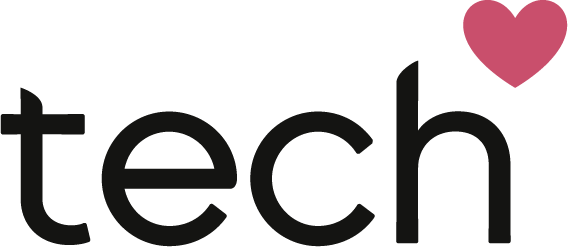good use of tech
Proactive telecare
- Bield
Digital Hub Opening - March 2023
Proactive telecare -Bield
An intensive proactive telecare trial by Bield Housing and Care’s digital alarm monitoring team, Bield Response 24 (BR24), has revealed astonishing results about the impact of proactive intervention for older adults.
BR24 revealed a 75% decrease in ambulance calls and a 68% reduction in A&E visits as a direct result of early intervention and preventative support methods over a three-month period.
Known as proactive telecare, these took the form of regular outgoing calls to individuals’ homes to maintain or improve their health and wellbeing and anticipate and prevent crises.
Customers in the Renfrewshire area of Scotland were screened to take part in the ‘Inspire Phase 2’ project and split into two groups: those who were new to technology enabled care; and those who were recent hospital discharges.
From those groups, 45 individuals opted for interventions via proactive telecare in the form of weekly calls; the intervention group. The remaining 20, who didn’t opt in, formed a monitored control group. This allowed for direct measurement of the intervention impact.
The trial established that regular communication with customers in the intervention group resulted in a decrease in action required across the board.
As part of this project, Bield wanted to explore how early intervention could improve integration with other health and care services (particularly Renfrewshire Health and Social Care Partnership). They tested changes resulting from preventative and proactive calling where:
Falls were a feature of a referral to support services or where reactive calls from fall alarm triggers exceeded two in any month.
A hospital discharge care package included a referral to remote monitoring services, or where such services resumed because of a hospital discharge.
Outcomes
75% reduction in alarm calls directed to ambulance control
68% reduction of conveyances to A&E
72% decrease in alarm use
57% decrease in physical response required
90% reduction in family response required.
“The figures have highlighted that intervention support, whether that is through calls, monitoring trends or helping to create connections within the local community, has worked incredibly well and is vital to help reduce the pressures on public services. One customer taking part in the trial went from being completely house-bound to a regular gym-goer in a matter of months thanks to regular catch-up calls from the Inspire Phase 2 team to support her.”
Gary Baillie, BR24 Service Manager
The University of the West of Scotland carried out an independent cost-benefit analysis of the three-month project. Researchers looked at reductions in:
the number of calls escalated to the ambulance service (cost saving: £7,348)
the number of people conveyed to A&E (cost saving: £2,550)
hospital bed days required (cost saving £71,248, or £1,583 per person over the three months).
These figures clearly highlight that large scale adoption of proactive telecare has considerable potential to alleviate pressure on, and provide cost savings for, health and social care services, particularly given the high levels of demand at present.
You can read the full evaluation summary here: PT Board Evaluation Summary Report - v1.0 April 23.pdf (tec.scot)
Case study
Near Me
Take a look
Case study
Helenvale – Blackwood
Take a look



